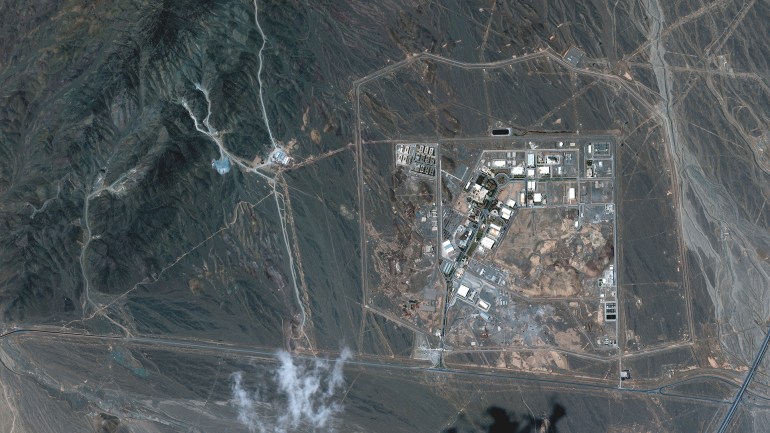Iran today described the work of the International Atomic Energy Agency as "illusory and unprofessional" shortly after the start of talks aimed at settling a dispute over the origin of undeclared uranium particles in Iran found at ancient sites.
The IAEA suspects that finding the particles may mean that Iran once had undeclared nuclear material at three different locations.
The agency says it has not yet received satisfactory answers from Tehran about how the materials got to those places or where they went.
"The agency's statement in its report is totally unprofessional, fictitious and unfair," Iran's ambassador to the IAEA, Kazem Gharibabadi, said in a statement to the IAEA Board of Governors meeting - which includes 35 countries.
Abadi was referring to a paragraph in a report issued last week by the agency that said the lack of progress seriously affected the IAEA's ability to determine whether Iran's program was entirely peaceful, as Tehran says.
The failure to resolve this dilemma complicates efforts to resume talks aimed at bringing the United States and Iran back into full compliance with the 2015 nuclear deal, as Washington and its allies continue to pressure Iran to provide answers to the IAEA.
This agreement provides for the easing of sanctions on Tehran in return for its pledge not to acquire an atomic weapon, and to significantly reduce its nuclear program, which was placed under the supervision of the United Nations.
But the West accuses Tehran of gradually abandoning most of its commitments after the unilateral withdrawal of the United States from it in 2018.
Natanz nuclear site, located 250 km south of Tehran (Reuters)
Talks again
After obtaining concessions from Iran early last week on another issue, especially the continued operation of some monitoring equipment, the head of the IAEA, Rafael Grossi, is scheduled to meet with the head of the Iranian Atomic Energy Organization, Mohammad Eslami, in Vienna next week, for talks focusing on the issue of uranium particles.
Iran and allies such as Russia see the three ancient sites, where uranium particles were found, mainly from the early 2000s and there is no indication that any of the materials in existence have been highly enriched as required by the world and the International Atomic Energy Agency. Pay all this attention to her.
"I would like to seriously express my concerns about exaggerating a few old, unimportant issues of the (International Atomic Energy Agency) secretariat," Gharibabadi said in his statement.
"How can a small amount of material dating back 20 years have an impact on the peaceful nature of a country's nuclear program, when that country hosts more than 20% of the agency's inspections globally?" he asked.
And the US administration said yesterday that President Joe Biden still believes that the diplomatic path to return to the nuclear agreement with Iran is the best option.
On the other hand, Israeli Defense Minister Benny Gantz revealed that Tel Aviv had accepted the agreement with conditions, pointing to the preparation of a plan that includes the use of force against Tehran.

